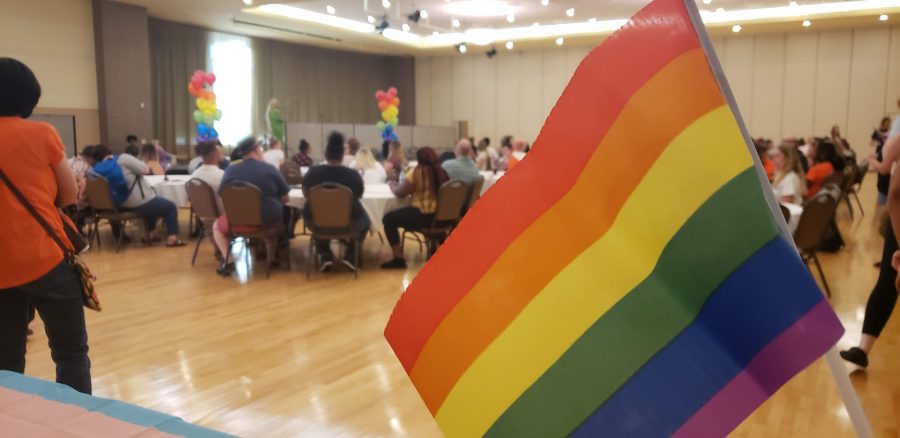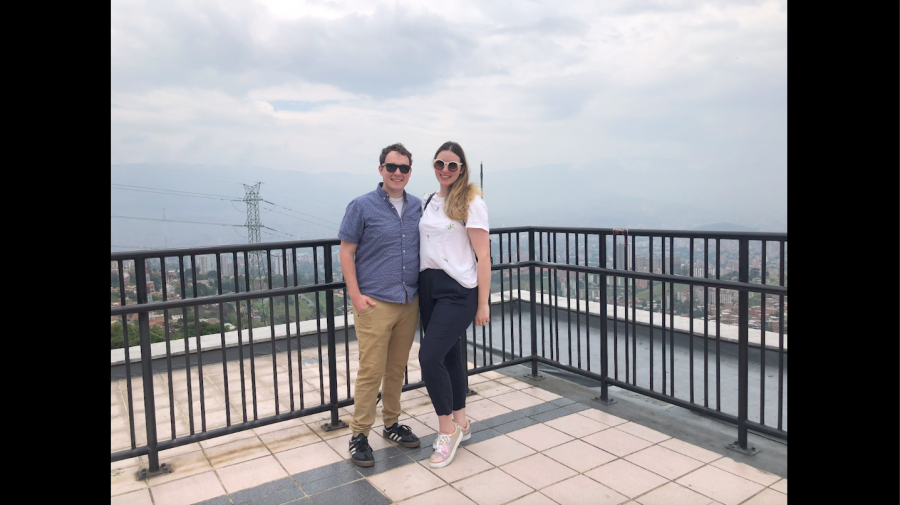KATMANDU, Nepal – Nepal’s prime minister fired the army chief yesterday after a struggle over admitting former Maoist rebel fighters to the military, sparking mass protests and jeopardizing the survival of the country’s first elected government. President Ram Baran Yadav, meanwhile, rejected the ouster of army chief, Rookmangud Katawal, in a letter, calling it unconstitutional. The letter was delivered to Katawal’s office late last night and copies were also sent to Prime Minister Pushpa Kamal Dahal’s residence. Yadav was the first person elected as president in this Himalayan country, where a centuries-old monarchy was abolished last year. The army is officially under the president’s command, not the prime minister. However, since the country’s constitution is being rewritten, many things are unclear, including who has the power to fire the army chief. The president is a member of the Nepali Congress, the main opposition party, which vowed to fight the decision. The army chief’s dismissal prompted a key political party to withdraw from the ruling coalition and frayed already tense relations between the government, dominated by former Maoist rebels, and the military they long fought. The fallout could pose the biggest challenge yet for Nepal’s troubled leaders who are new to politics and already struggling to provide basic services in the impoverished country. The dispute between the prime minister – a former Maoist rebel leader – and Katawal centered on the difficult question of how to integrate former rebels as required by a U.N.-brokered peace agreement into the ranks of the army they fought for a decade. Since giving up their bloody rebellion in 2006 and joining the political mainstream, the Maoists have confined their fighters to U.N.-monitored camps and locked up their weapons. Dahal wanted them freed and admitted to the national army but Katawal resisted the move and clashed repeatedly with the government over the issue. The government says Katawal also ignored orders to stop recruiting soldiers, boycotted last month’s national games, and allowing eight army generals to continue working past their tenure. ‘The army chief was removed because he failed to give a satisfactory explanation on why the government orders were ignored,’ said Information Minister Krishna Bahadur Mahara. The Communist Party of Nepal (United Marxist Leninist), the second largest party in the coalition government, withdrew from the coalition yesterday ‘to protest the prime minister’s unilateral decision,’ the party’s general secretary, Ishwar Pokhrel, said. Leaders from several smaller parties walked out of the Cabinet meeting after Dahal announced his decision. They were debating last night whether to withdraw their support completely. Political analysts said the government could be on the brink of collapse. ‘It has become almost impossible for the Maoists to remain in government in the present situation,’ said Ameet Dhakal, editor of Republica, a leading newspaper in the capital Katmandu. ‘It’s a big crisis for the country now.’ Thousands of demonstrators filled Katmandu’s streets yesterday, some to support the Maoist government and others to protest. Maoist supporters, waving red flags, called the army chief’s sacking a ‘victory for people’s rule’ while the opposition blocked traffic and burned tires in protest. Police were on high alert and security troops turned out in full force to prevent any violence. There were no reported injuries. Anger is high in Nepal, where much of the public blames the Maoists for the power outages that can last more than 16 hours a day, the fuel shortages that have made for endless lines at gas stations, and the rising price of food and household staples. But the Maoists are still revolutionary heroes to many, especially among rural villagers who voted them into power last year in Nepal’s first elections. The centuries-old monarchy was abolished soon after. Krishna Khanal, a political science professor at Tribhuwan University in Katmandu, said the Maoists could still survive the crisis. ‘If the smaller parties decide to support the Maoists, then they can still run the government,’ he said. ‘But there is no immediate solution to the present political crisis.’


Follow us on social
- Children of Eden written by Joey GraceffaBy: Destiny Breniser This book was published in 2016 with its genre being Young Adult, Dystopian, and Apocalyptic. This story is about Rowan, who is a second-born child living in a city where her entire existence is illegal. She longs for the day when she can leave her family’s house and live without fear. She […]
- An Unwanted Guest written by Shari LapenaBy: Destiny Breniser A classic whodunnit that keeps you guessing till the very end. With twelve characters to read varying points of view from, there is always something happening to leave you wondering what is going on. This book was published in 2018 with its genre being a mystery thriller. The story starts with Reily […]

July 25, 2024

July 24, 2024

July 23, 2024
Protests erupt in Nepal after prime minister fires army chief
May 4, 2009
Leave a Comment
Donate to BG Falcon Media
$1410
$1500
Contributed
Our Goal
Your donation will support the student journalists of Bowling Green State University. Your contribution will allow us to purchase equipment and cover our annual website hosting costs.
More to Discover














